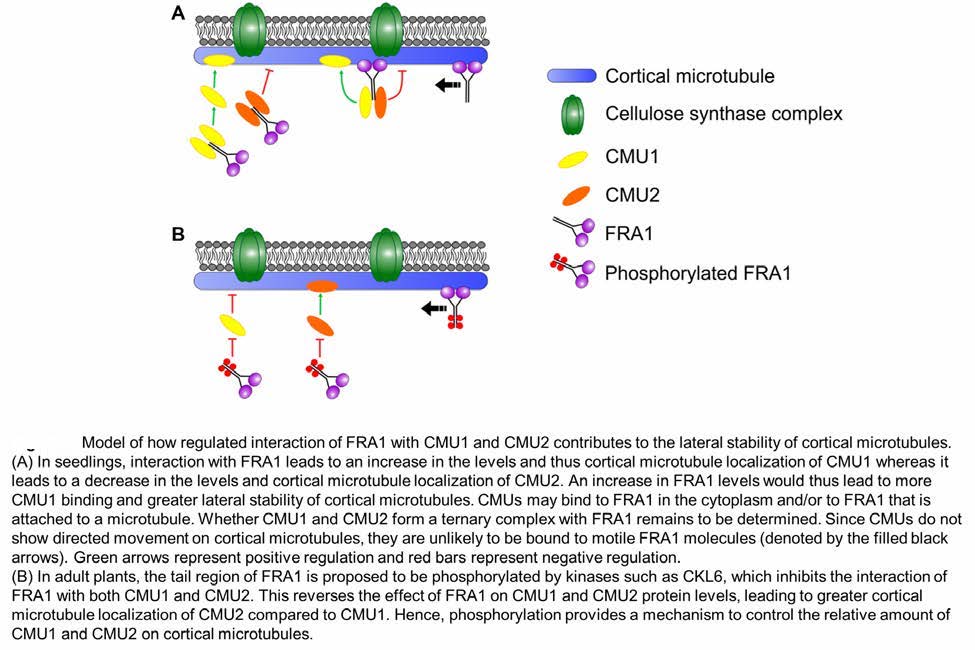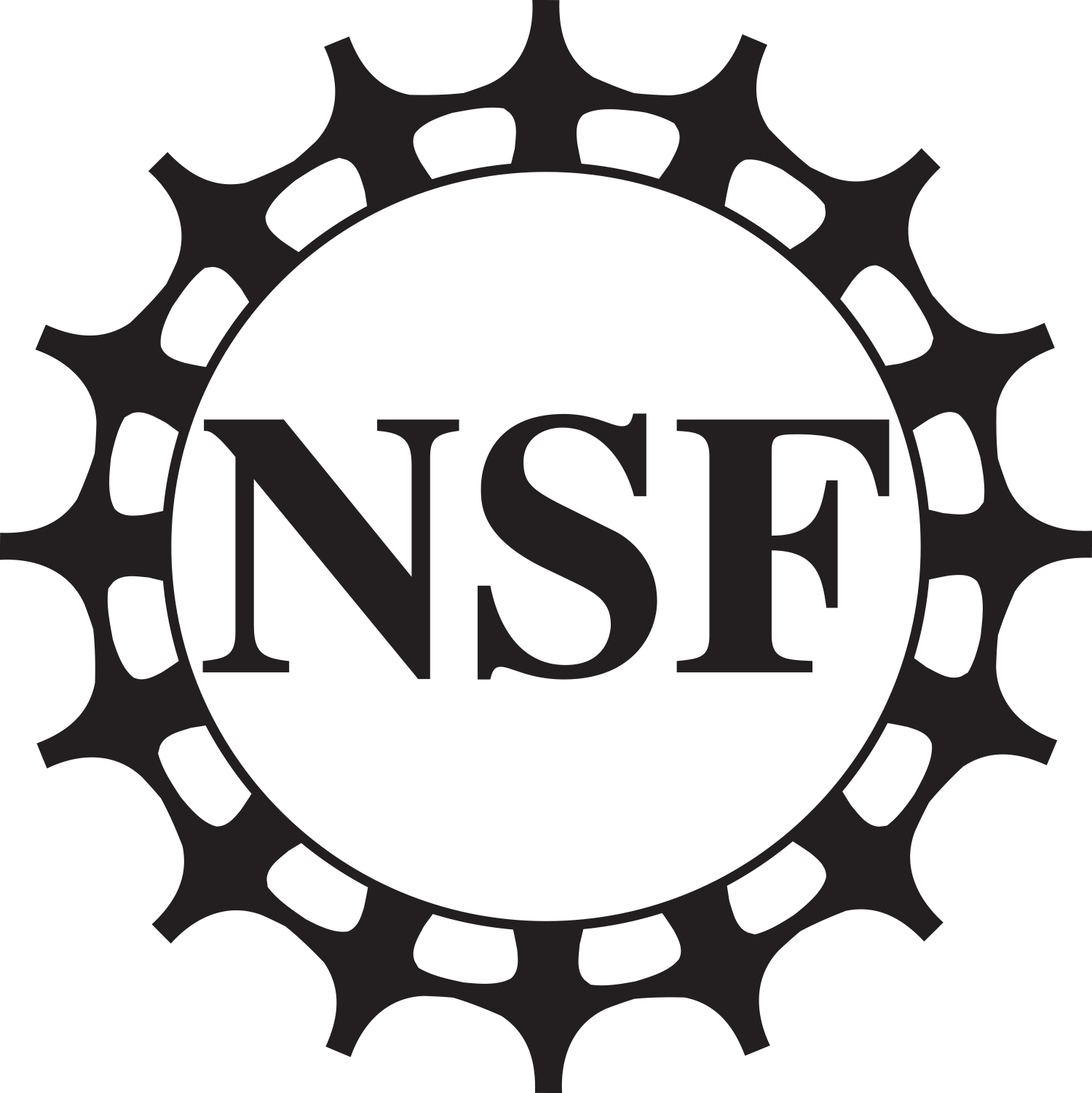From WashU’s, The Source.
June 2, 2020.
As a plant grows, it moves cellular material from its version of manufacturing sites to the cell wall construction zone. Transporter proteins, called motor proteins, are thought to move these cell wall cargo via a complex highway system made up of microtubule tracks. The position of these tracks must be stabilized so that cargo are delivered to the correct locations.
This microtubule track system beneath the plasma membrane of plants has been a particular source of scrutiny for one biology laboratory at Washington University in St. Louis. Ram Dixit’s lab, which in a study published in 2018 found molecular brakemen that keep the Arabidopsis Fragile Fiber 1 (FRA1) motor protein in check, uncovered in continuing research that FRA1 cinches its track in place through cellulose synthase-microtubule uncoupling (CMU) proteins. The new research was published on June 2 in The Plant Cell.
While searching for cargo proteins that interact with the tail or cargo-binding region of the FRA1 motor protein, the researchers found that CMUs interact directly with this region of FRA1. CMUs were known to bind to microtubule tracks and guide the movement of transmembrane cellulose synthase complexes that produce one of the major cell wall components, cellulose. In the absence of CMUs, motile cellulose synthase complexes cause normally straight microtubule tracks to bend and undulate, disrupting cell wall construction. Read More






